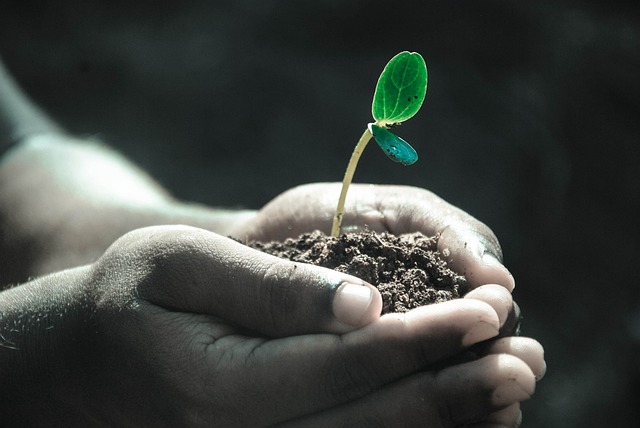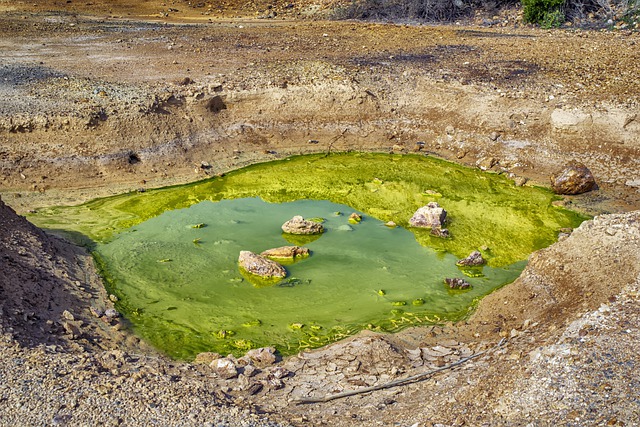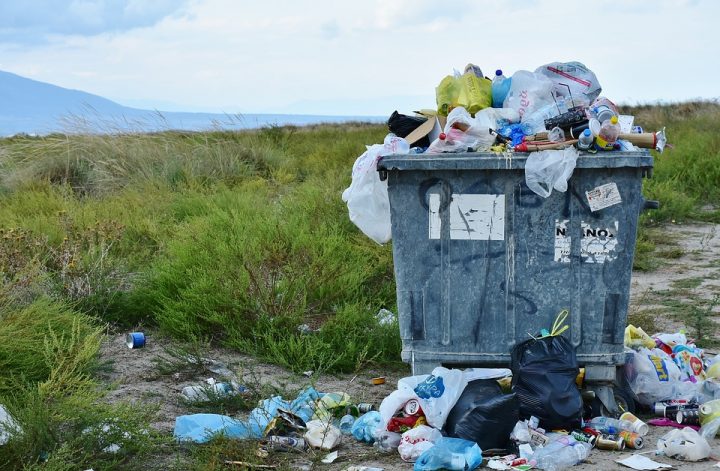What is meant by Rhizoremediation? How does it work? In soils that have become contaminated by harmful pollutants that decrease soil fertility and permeability, there is a phenomenon called ‘Rhizoremediation‘ that takes place. Rhizoremediation is basically the process used to degrade these pollutants and organic compounds present in the soil rhizosphere. Rhizosphere is the area […]
Types of Bioremediation and Their Advantages and Disadvantages
INTRODUCTION Bioremediation: Bioremediation is a combination of two words that are bio and remediation. It is defined as a technique in which living organisms are used for the removal of different types of toxins, pollutants, and contaminants from water, soil, etc. Bioremediation is associated with biotechnology. The impacts of environmental disasters can be reduced by […]
Land/Soil pollution – Causes, Effects, and Control
INTRODUCTION Land/ Soil Pollution: Land pollution is also known as soil contamination or soil pollution. It is defined as the degradation of land/soil due to the presence of chemicals, liquid materials, waste, or xenobiotics. Land pollution is often responsible for groundwater pollution. If soil is highly permeable, it will be more susceptible to land contamination. […]



